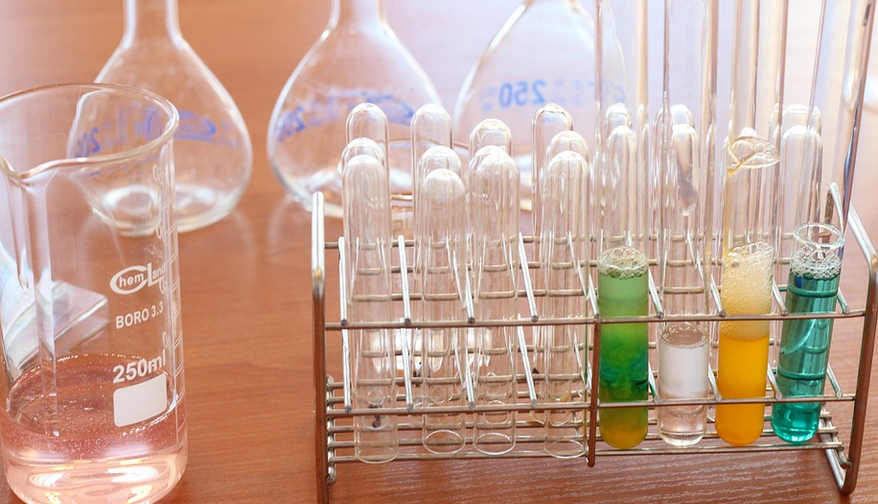Introduction
Potassium is an essential mineral that plays a crucial role in various body functions, including muscle contractions, nerve function, and fluid balance. However, having too much potassium in your body can lead to hyperkalemia, a condition that can be life-threatening if left untreated. In this article, we will discuss the causes of high potassium in the body.
Symptoms of High Potassium
Hyperkalemia may not always present with symptoms, but when they do, they may include muscle weakness, fatigue, nausea, palpitations, and an irregular heartbeat. In severe cases, hyperkalemia can cause cardiac arrest.
Causes of High Potassium
There are several causes of high potassium in the body. These include:
1. Kidney Problems
The kidneys play a vital role in regulating potassium levels in the body. When the kidneys are not functioning properly, they may not be able to excrete excess potassium, leading to hyperkalemia.
2. Medications
Certain medications, such as ACE inhibitors, beta-blockers, and diuretics, can interfere with the body’s ability to excrete potassium. This can cause potassium to build up in the body, leading to hyperkalemia.
3. Dehydration
Dehydration can cause potassium levels to rise in the body, as less water in the body means less potassium is excreted through urine.
4. Excessive Potassium Intake
Consuming too much potassium-rich foods or supplements can lead to hyperkalemia. Foods that are high in potassium include bananas, potatoes, beans, and leafy greens.
5. Adrenal Insufficiency
Adrenal insufficiency, also known as Addison’s disease, is a condition where the adrenal glands do not produce enough hormones. This can lead to hyperkalemia, as the hormones produced by the adrenal glands play a role in regulating potassium levels in the body.
Treatment for High Potassium
Treatment for hyperkalemia will depend on the severity of the condition. Mild cases may be treated with dietary changes, while severe cases may require hospitalization and the use of medications such as calcium gluconate, insulin, and sodium polystyrene sulfonate.
Conclusion
Hyperkalemia can be a life-threatening condition if left untreated. Knowing the causes of high potassium in the body can help you take steps to prevent it from happening. If you suspect that you may have hyperkalemia, it is essential to seek medical attention immediately.

